Farm & Ranch
[AgriLife Today] Top selling ram from Texas A&M AgriLife performance test headed to Utah
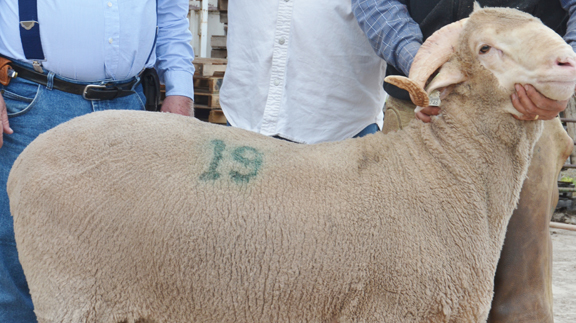
By: Steve Byrns
Writer: Steve Byrns, 325-653-4576, [email protected]
Contact: Dr. Dan Waldron, 325-653-4576, [email protected]
SAN ANGELO – The top selling ram of the 2015-2016 Texas A&M AgriLife Ram Performance Test and Sale is headed to Utah, a test official said.
“The high selling ram was TAES 9107, a Texas A&M AgriLife Research-bred ram. The Rambouillet ram sold for $1,350 to Tracy Stamatakis of Price, Utah,” said Dr. Dan Waldron, AgriLife Research geneticist and the test’s coordinator at San Angelo.
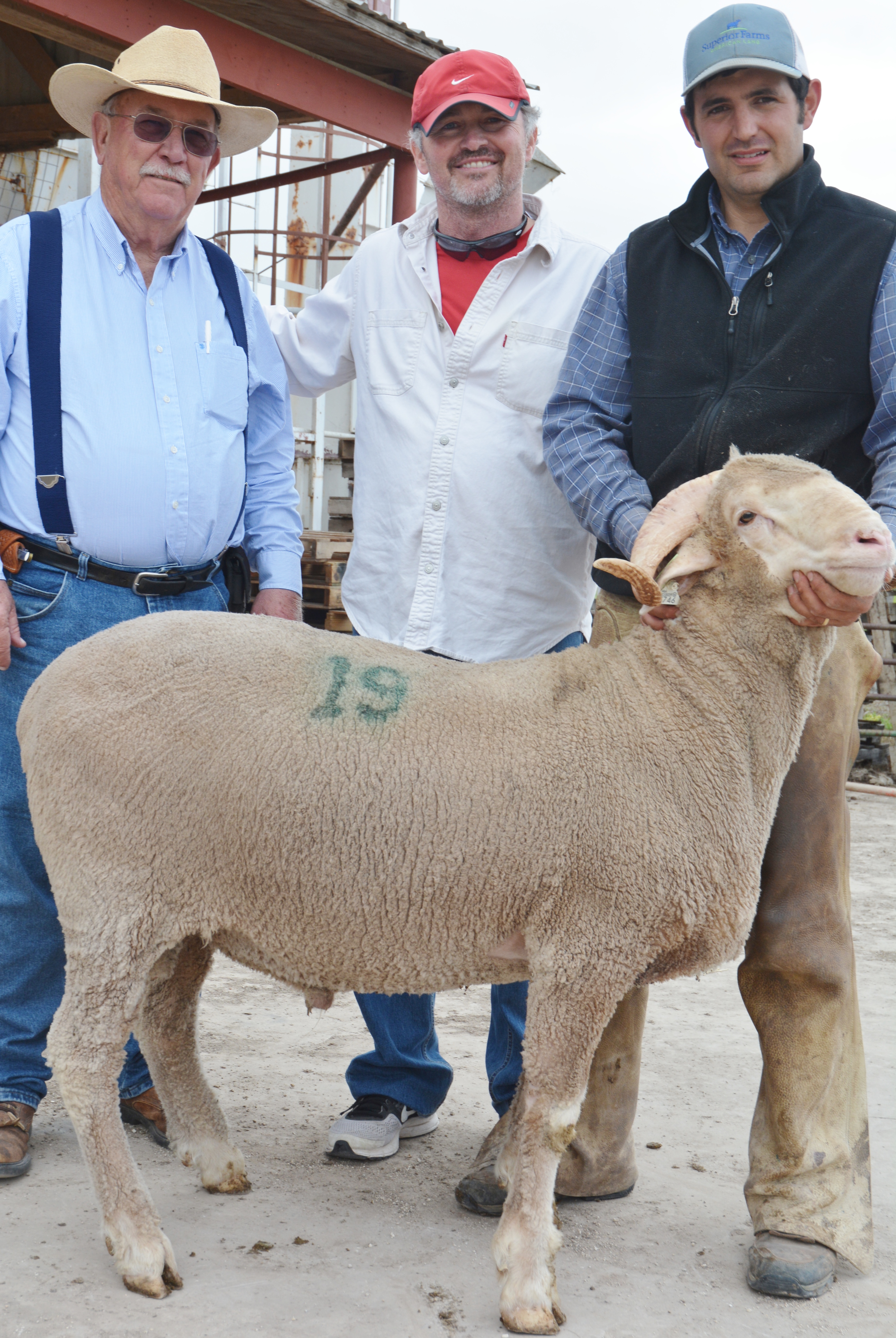
Top selling Texas A&M AgriLife Research-bred ram heads to Utah. Pictured left to right are Dr. Charles “Butch” Taylor, superintendent of the AgriLife Research Station at Sonora, Tracy Stamatakis, buyer from Price, Utah, and Jake Thorne, AgriLife Research farms manager, San Angelo. (Texas A&M AgriLife Communications photo by Steve Byrns)
The test’s high indexing ram was a commercial Rambouillet x Merino crossbred animal bred by AgriLife Research. It completed the test weighing 271 pounds and produced 11.4 pounds of clean wool. That ram sold for $1,000 to H.B. Edmondson of Ballinger.
The March 18 sale saw 10 rams sold at auction at the Texas A&M AgriLife Research and Extension Center at San Angelo. Sales receipts totaled $7,450 or $745 per head.
“Several high performing rams were offered for sale, however there were not as many rams offered with very fine fleeces as there were in the 2015 sale,” Waldron said. “Buyers were willing to pay more for rams with the finer higher valued fleeces as evidenced by the top four prices paid being for rams with fleeces finer than 20 microns. Two of those rams went to Utah. The remainder of the rams in the sale had fleeces in the 20 to 21 micron range.”
Waldron said the test’s main purpose is to identify and document superior rams to be used for flock improvement. Consequently, some of the five breeders with animals in the test retained many of the 57 rams completing this year’s test to improve their own flocks.
Besides Stamatakis who bought the two rams going to Utah and Edmondson, other buyers were Mark White of San Angelo, and the partnership of Rabel-Forbes of Kaycee, Wyoming.
Robbie Eckhoff, executive secretary of the American Rambouillet Sheep Breeders Association from Hawley, presented a certificate of merit to James Schunke of the Schunke Ranch at Goldthwaite, the breeder of the test’s top indexing registered ram. The certificate recognized that the animal met all the association’s performance requirements during the test and had the superior index value among all the registered rams. White was the ram’s buyer.
The ram test has been conducted by AgriLife Research since 1948, Waldron said.
For more information on the annual Ram Performance Test, pictures of the top indexing and selling animals and a complete listing of test and sale results, go to: http://sanangelo.tamu.edu and click on the “performance tests” link.
-30-
LikeTweet
Find more stories, photos, videos and audio at http://today.agrilife.org
Farm & Ranch
Managing Show Cattle Through The Winter

By Heather Welper
Husband and wife duo, Heather and Calvin Welper, are the Co-Owners and Operators or Two C Livestock, located in Valley View, Texas.
The pair’s operation has a show cattle focus where they raise and sell purebred heifers of all breeds and club calf Hereford steers.
When it comes to show cattle, the Welpers know a thing or two including how to prepare for the cold winter months and the Texas major show season run.
To read more, pick up a copy of the November edition of North Texas Farm & Ranch magazine, available digitally and in print. To subscribe by mail, call 940-872-5922.
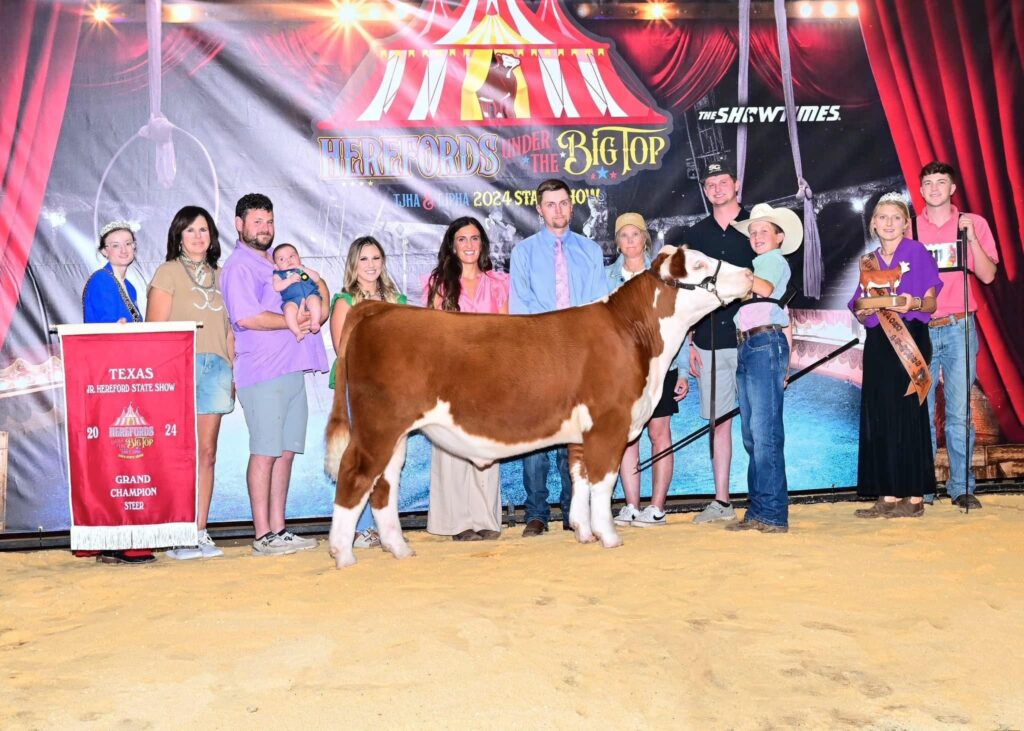
Farm & Ranch
Double M Ranch & Rescue

By Hannah Claxton, Editor
As the sun rises each day, so do the dozens of mouths that Meghan McGovern is responsible for getting fed. Rather than the sounds of a rooster crowing, McGovern hears the bellows and bleats of a variety of exotic deer, the chortle of kangaroos, the grunts of water buffaloes, and the chirps of a lemur.
Nestled against the banks of the Red River, the Double M Ranch and Rescue, with its high game fences and deer sprinkling the landscape,s its in stark contrast to the surrounding ranches.
“Having deer is kind of like eating potato chips- you can never actually have just one,” said McGovern with a laugh.
McGovern has several herds to take care of- fallow deer, axis deer, water buffalo, goats, and bison. In smaller numbers, there’s also a few kangaroos, a lemur, a potbelly pig, a pair of zebras, a watusi, and a few horses.
To read more, pick up a copy of the November edition of North Texas Farm & Ranch magazine, available digitally and in print. To subscribe by mail, call 940-872-5922.
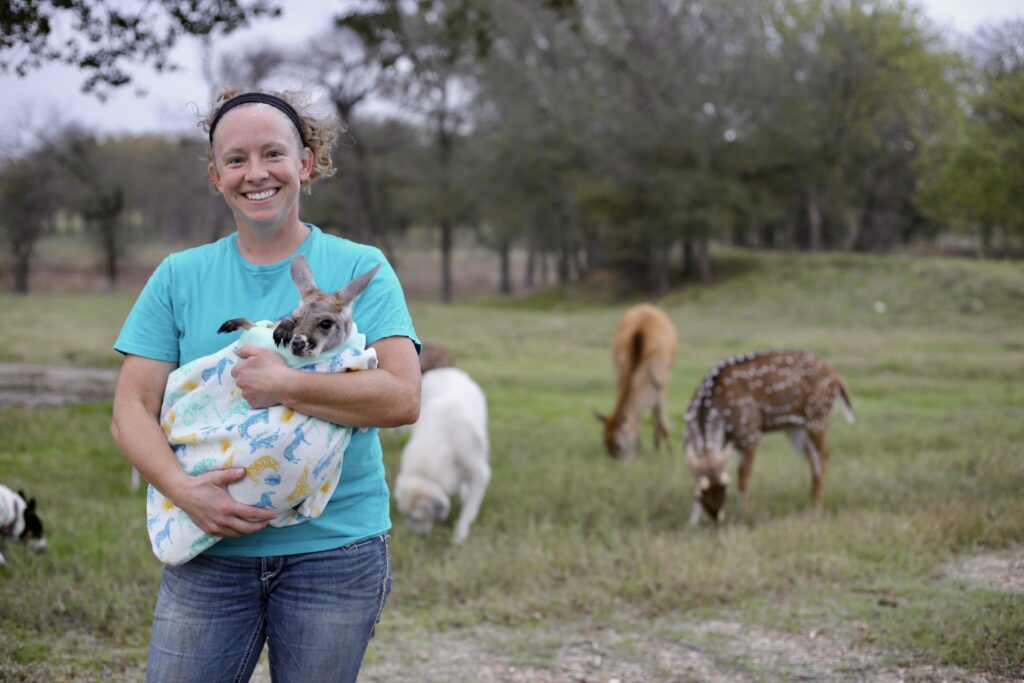
Farm & Ranch
Acorn Toxicity
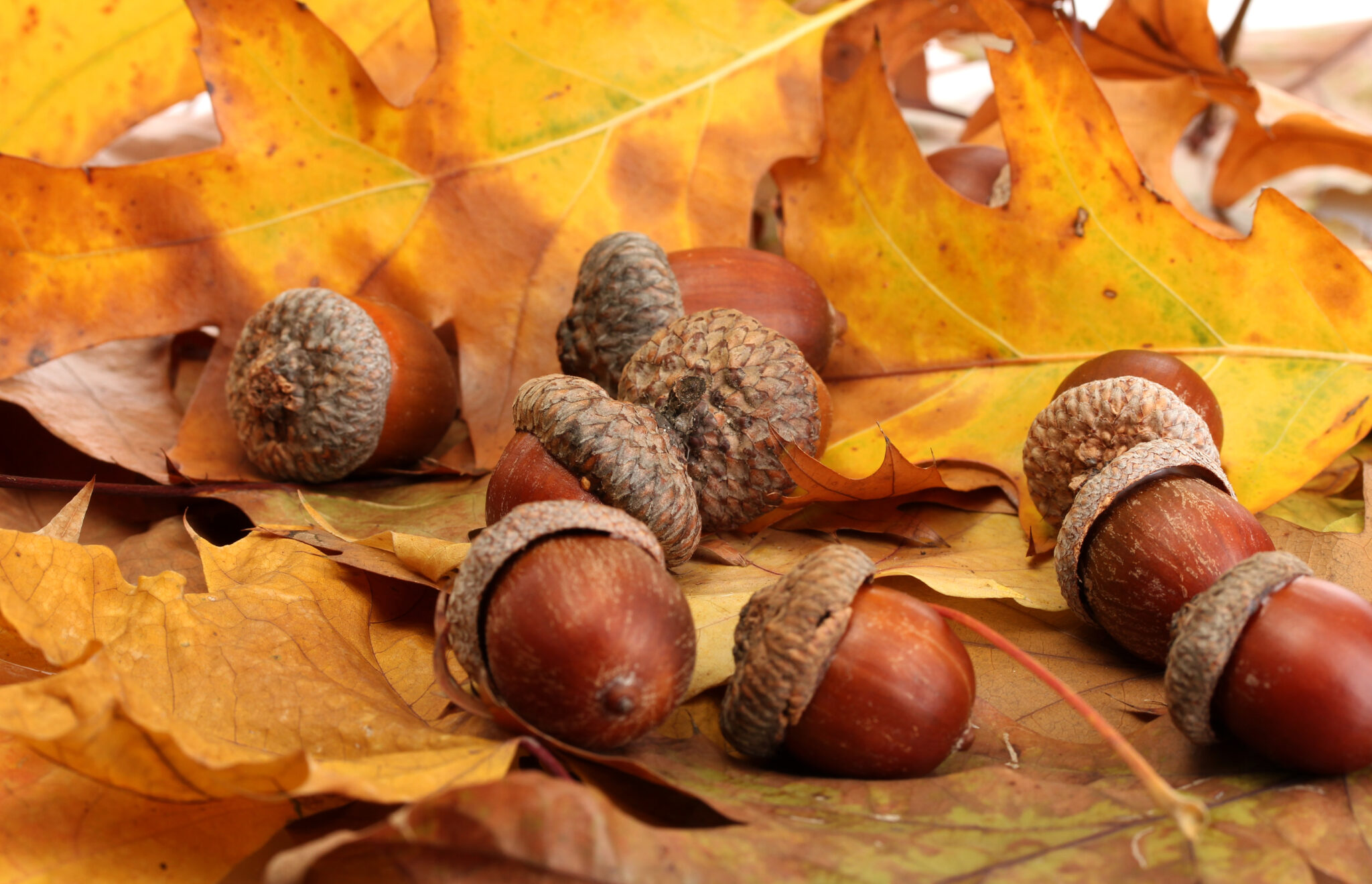
By Barry Whitworth, DVM, MPH
With the prolonged drought, most pastures in Oklahoma end up in poor condition. With the lack of available forage, animals may go in search of alternative foods.
If oak trees are in the pastures, acorns may be a favorite meal for some livestock in the fall. This may result in oak poisoning.
Oak leaves, twigs, buds, and acorns may be toxic to some animals when consumed.
To read more, pick up a copy of the November edition of North Texas Farm & Ranch magazine, available digitally and in print. To subscribe by mail, call 940-872-5922.
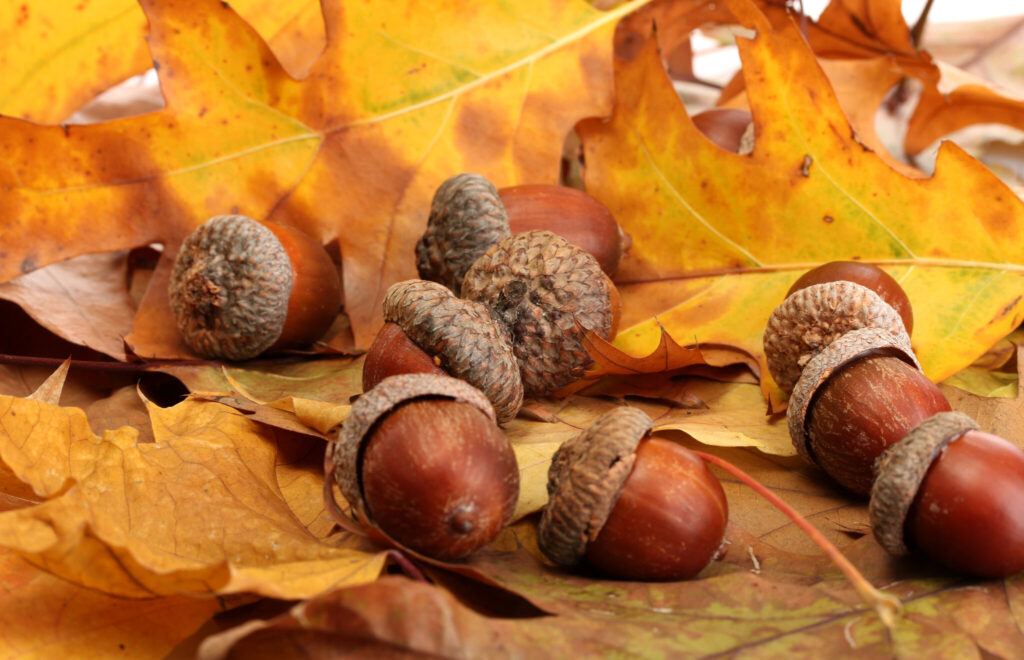
-

 Country Lifestyles2 years ago
Country Lifestyles2 years agoScott & Stacey Schumacher: A Growth Mindset
-

 Country Lifestyles8 years ago
Country Lifestyles8 years agoStyle Your Profile – What your style cowboy hat says about you and new trends in 2017
-

 HOME8 years ago
HOME8 years agoGrazing North Texas – Wilman Lovegrass
-

 Outdoor10 years ago
Outdoor10 years agoButtercup or Primrose?
-

 Equine1 year ago
Equine1 year agoThe Will to Win
-

 Country Lifestyles5 years ago
Country Lifestyles5 years agoAmber Crawford, Breakaway Roper
-

 Country Lifestyles9 years ago
Country Lifestyles9 years agoJune 2016 Profile – The man behind the mic: Bob Tallman
-

 Country Lifestyles8 years ago
Country Lifestyles8 years agoDecember 2016 Profile, Rusty Riddle – The Riddle Way




